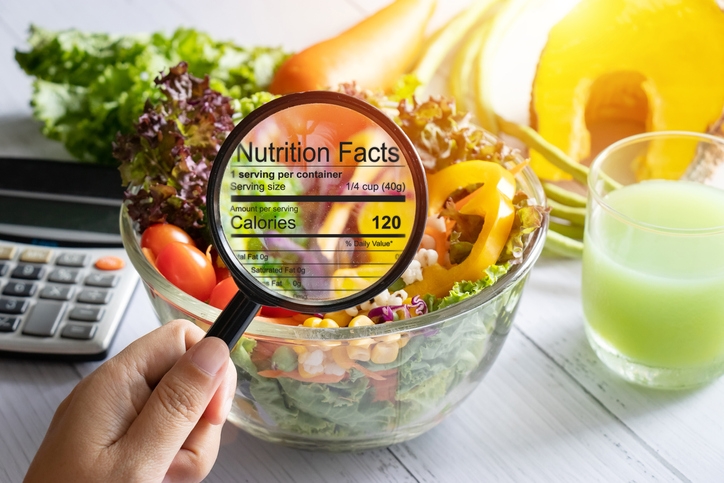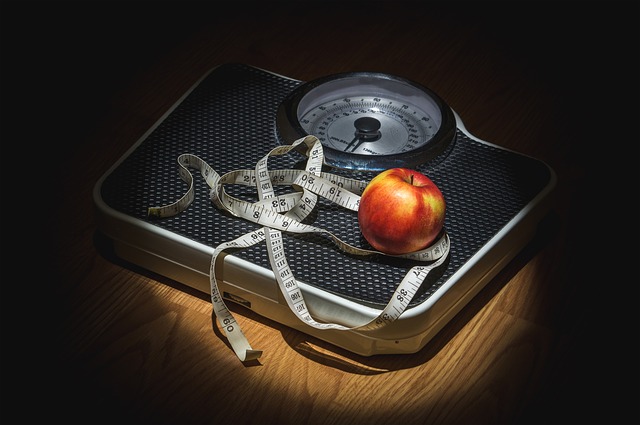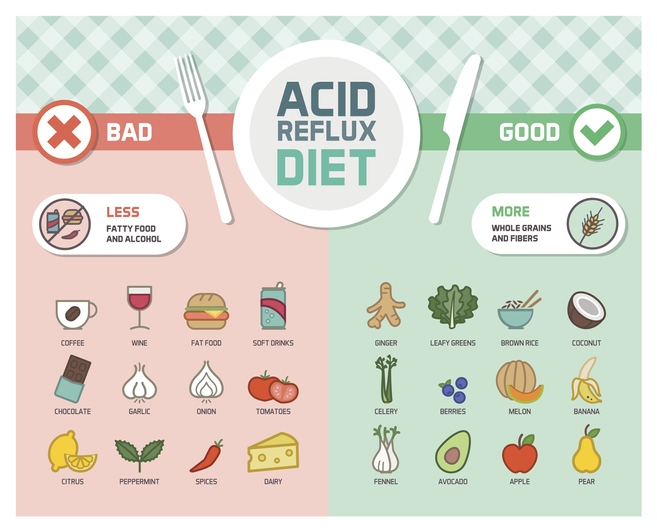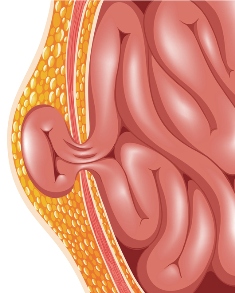Taming the Flame: Your Guide to GERD-Friendly Eating
Gastroesophageal reflux disease (GERD) – more commonly known as acid reflux – can turn mealtimes into a fiery ordeal. The burning sensation, chest pain, and sour taste in your mouth are not only uncomfortable but can also lead to more serious health issues if left unmanaged. While medications and surgical interventions offer relief, dietary modifications play a crucial role in managing GERD symptoms. At Malladi Bariatrics and Advanced Surgery, we believe in a holistic approach to patient care. Let’s explore the foods that can trigger GERD and discover strategies for a happier, healthier stomach.
Foods That Fuel the Fire: Common GERD Triggers
- Spicy Foods: Chili peppers, hot sauces, and other spicy foods can irritate the esophageal lining, triggering heartburn and reflux.
- Fatty Foods: Fatty foods, including fried foods, fatty meats, and creamy sauces, delay stomach emptying and increase the likelihood of acid reflux.
- Citrus Fruits: Oranges, grapefruits, lemons, and other acidic fruits can aggravate GERD symptoms.
- Tomatoes and Tomato-Based Products: Tomatoes and tomato-based sauces, soups, and juices can be highly acidic and trigger heartburn.
- Chocolate: The caffeine and fat content in chocolate can relax the lower esophageal sphincter, allowing stomach acid to flow back up.
- Coffee and Tea: Caffeine can stimulate acid production and worsen GERD symptoms.
- Alcohol: Alcohol relaxes the lower esophageal sphincter and increases stomach acid production, contributing to reflux.
- Carbonated Beverages: Carbonated drinks can cause bloating and increase pressure in the stomach, leading to acid reflux.
- Mint: Peppermint and spearmint can relax the lower esophageal sphincter, allowing acid to flow back up.
Tips for a GERD-Friendly Diet
- Smaller, Frequent Meals: Eating smaller meals more frequently throughout the day can help reduce pressure on the stomach and lower the risk of reflux.
- Eat Slowly and Chew Thoroughly: This aids in digestion and reduces the amount of air swallowed, which can worsen symptoms.
- Avoid Eating Before Bed: Lying down with a full stomach can increase the likelihood of reflux. Aim to finish eating at least three hours before bedtime.
- Elevate Your Head: If you experience nighttime reflux, elevate the head of your bed by 6-8 inches to help keep stomach acid down.
- Maintain a Healthy Weight: Excess weight can put pressure on the stomach and contribute to GERD symptoms. Losing even a small amount of weight can make a difference.
Additional Tips
- Keep a Food Diary: Track the foods you eat and any symptoms you experience to identify potential triggers.
- Cook at Home: You have more control over ingredients and cooking methods when you prepare meals at home.
- Choose Lean Protein: Opt for lean protein sources like chicken, fish, and beans instead of fatty meats.
- Include Fiber-Rich Foods: Fruits, vegetables, and whole grains can help regulate digestion and reduce acid reflux.
When to Seek Professional Help
If dietary changes and lifestyle modifications don’t provide adequate relief, consult with a gastroenterologist or surgeon. They can help diagnose the severity of your GERD and recommend further treatment options, including medications or surgical interventions.
Managing GERD often involves a combination of dietary adjustments, lifestyle changes, and medical interventions. By avoiding trigger foods and adopting healthier eating habits, you can significantly reduce the frequency and severity of your symptoms, enjoying a happier and healthier stomach.
If you’re struggling with persistent GERD symptoms, don’t hesitate to contact Malladi Bariatrics and Advanced Surgery. Our team of experts can provide personalized guidance and treatment options to help you find relief and improve your quality of life. Schedule a consultation today!







